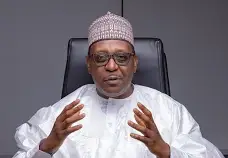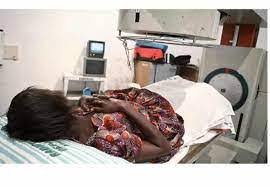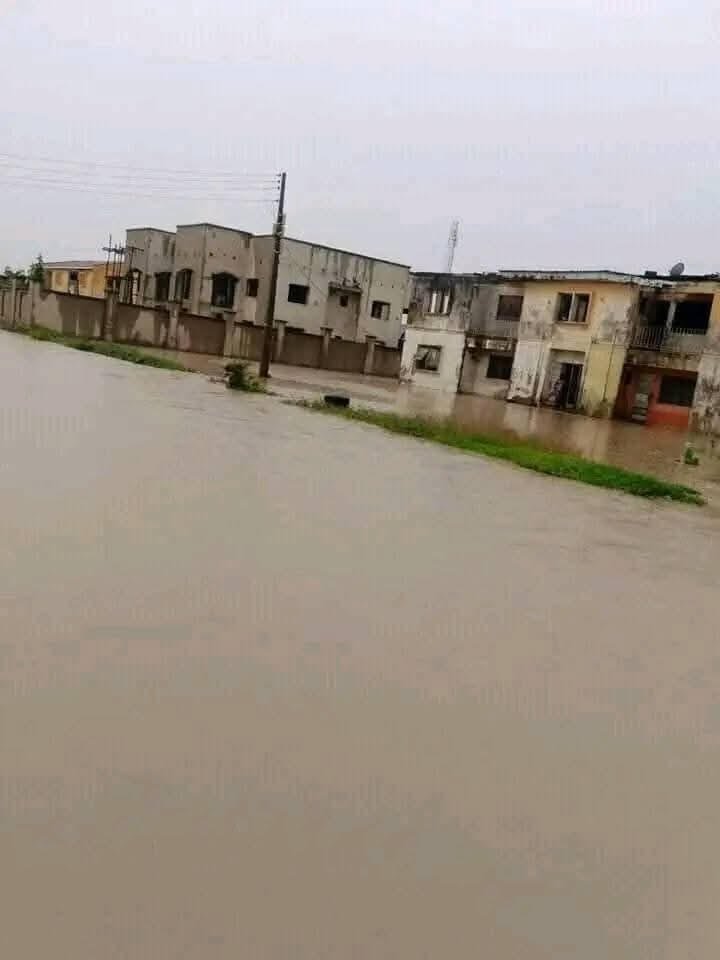Recently, the Minister of the Federal Capital Territory (FCT), Barr Nysome Wike declared a war against fake health practitioners – doctors, nurses, and others masquerading as healthcare givers. The minister went tough against quackery in the healthcare system of the FCT, ordering immediate crackdown on all unregistered medical establishments. Wike directed that fake practitioners be arrested. Is this a move towards prioritising health in the Territory, which appears to be missing? Observers will judge Wike in the long run, as the problem of illegal and unlicensed hospitals across the country has reached the level of national health emergency. Sultan Rabiu assesses how far the government can go in its efforts to tackle the menace of unqualified healthcare operators in the nation’s capital.

Tragic Death of a Pregnant Woman Sparks Outrage
In Nigeria’s seat of power the Federal Capital Territory (FCT) a hidden menace threatens public health: the proliferation of quack clinics and unqualified practitioners. Despite being home to some of the nation’s best hospitals, large swathes of Abuja and its suburbs remain vulnerable to healthcare fraud. On April 26, 2025, a wake-up call arrived in the form of a tragic death: a pregnant woman, Chekwube Chinagorom, died after a botched cesarean section at an unregistered facility. The government responded swiftly, but as this report reveals, the crisis runs deeper than a single tragedy.
A Death That Sparked Action
Chekwube Chinagorom, a 35-year-old expectant mother, entered Afolmi Hospital in Durumi, Abuja, for a cesarean section. The clinic, as later confirmed by the Private Health Establishments Registration and Monitoring Committee (PHERMC), lacked registration, proper equipment, and trained personnel. Chinagorom didn’t survive the procedure. Her baby was rescued and transferred to Asokoro District Hospital.

Her death forced the FCT Minister, Nyesom Wike, to issue a directive: immediate crackdown on all unregistered medical establishments and the arrest of their operators. The minister’s order marked the beginning of a task force initiative aimed at purging healthcare quackery from the capital.
A Widespread and Lethal Epidemic
Chinagorom’s case is not isolated. It actually mirrors the larger picture of the collapse in the country’s health sector. Take as an example, in low-income districts like Kubwa, Nyanya, and Gwagwalada, clinics run by unlicensed nurses and health assistants masquerading as doctors are rampant.
In Kubwa, 32-year-old Aisha Musa recounted how she lost her 4-year-old son after he was administered an incorrect injection by a man claiming to be a doctor. “We only found out after my son died that he wasn’t even a nurse,” she told Africa Health Report.

This is part of a national pattern. A 2023 investigation documented at least 130 health facilities across Nigeria being operated by individuals without medical licenses. The FCT, given its population density and socio-economic divide, has emerged as one of the worst-hit regions.
Economic Hardship and Systemic Failure
Economic desperation is a major driver of the crisis. With inflation soaring at 34.2% and more than 100 million Nigerians living below the poverty line, affordable healthcare is out of reach for many. Quack clinics often charge a fraction of what legitimate hospitals demand, drawing in desperate patients.
Despite housing 40% of Nigeria’s registered physicians, the FCT struggles with access inequity. According to the Coordinating Minister of Health and Social Welfare, Prof. Muhammad Pate, this paradox stems from healthcare workers clustering in high-income districts, leaving low-income areas underserved.

The Government’s Response
Following Chinagorom’s death, Wike launched a task force under PHERMC to enforce closures, arrests, and prosecutions. The FCT Health Insurance Scheme (FHIS), which covers cesarean sections and other maternal care services, was also highlighted by Wike as a safe and free alternative. Yet uptake remains low.

Lere Olayinka, the minister’s aide, “We have the infrastructure in place. The problem is people don’t know or don’t trust these options. We must intensify awareness.”
Interview – Africa Health Report Speaks With Dr. Ifeanyi Nsofor
Africa Health Report sat down with Dr. Ifeanyi Nsofor, a renowned public health expert and health policy advocate, to explore the root causes of medical quackery in Nigeria’s Federal Capital Territory (FCT) and discuss sustainable solutions.
Africa Health Report (AHR): Why is quackery so widespread in the FCT, despite its resources?
Dr. Nsofor: It comes down to two major factors: weak regulatory enforcement and economic disparity. Many people, especially the poor, are desperate for affordable healthcare. In the absence of a robust and active regulatory system, quacks step in to exploit that gap.
AHR: What’s your perspective on the task force recently established by Minister Wike?
Dr. Nsofor: It’s a welcome move, but unfortunately, it’s reactive. What we really need are proactive systems—regular facility inspections, accessible databases for verifying licenses, strong public awareness initiatives, and legal protection for whistleblowers.
AHR: What role should the public play in combating medical quackery?
Dr. Nsofor: The public has a critical role. Patients should always ask to see a practitioner’s license and report any suspicious activity. But for that to happen, people must be educated on what signs to look out for. That’s why sustained public awareness campaigns are absolutely essential.
Systemic Issues and the Way Forward
While the crackdown is commendable, systemic failures persist. Hospitals remain underfunded, and healthcare workers overworked. In January 2025, FCT resident doctors went on strike over unpaid wages. Though Minister Wike resolved it quickly, critics like Dr. George Ebong accused him of prioritizing road construction over hospital reform.

As long as healthcare remains inaccessible to the poor, quacks will thrive. Solutions must go beyond enforcement: include better financing, universal health coverage, and public education.
Conclusion: A Call to Sustained Action
The FCT’s campaign against quack clinics is a critical but initial step. The tragedy of Chekwube Chinagorom, the sorrow of Aisha Musa, and the exposure of over 130 unlicensed facilities across Nigeria illuminate a nationwide public health emergency.
The government must build public trust in legitimate healthcare, invest in facility upgrades, and address the economic realities driving quackery. Anything less would mean the crisis remains, merely shifting from one unregistered clinic to another.



